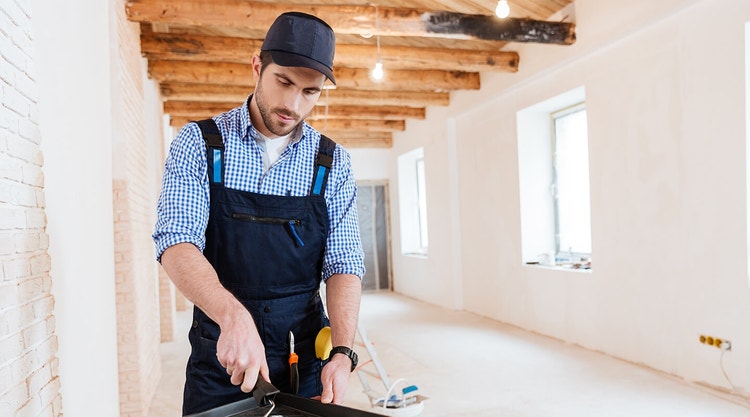Painting your house's exterior is a significant investment that can enhance its curb appeal and protect it from the elements. Hiring the right painter is crucial to ensure the job is done correctly and lasts for years. Here are five essential things you should know before hiring a painter for your house’s exterior.
1. Experience and Credentials
Why It Matters: Painting the exterior of a house requires a different skill set than painting interiors. It involves working with various surfaces, understanding weather impacts, and applying the right techniques to ensure longevity.
What to Look For:
- Experience: Look for painters who specialize in exterior painting and have several years of experience. Experienced painters will be familiar with the best practices and challenges associated with exterior work.
- Licenses and Insurance: Ensure the painter is licensed and insured. Licensing indicates that the painter meets certain industry standards, while insurance protects you from liability in case of accidents or damage.
Questions to Ask:
- How many years of experience do you have with exterior painting?
- Are you licensed and insured?
- Can you provide references from previous exterior painting jobs?
2. Preparation Process
Why It Matters: Proper preparation is key to a long-lasting paint job. Skimping on preparation can lead to peeling, chipping, and other issues that may require costly repairs down the line.
What to Look For:
- Surface Preparation: This includes cleaning the surface, scraping off old paint, sanding rough areas, and repairing any damage. A good painter will spend a significant amount of time on preparation.
- Priming: Priming is essential for ensuring the paint adheres properly and lasts longer, especially on new or repaired surfaces.
Questions to Ask:
- What steps do you take to prepare the exterior before painting?
- Do you include priming in your preparation process?
- How do you handle repairs to the exterior surface?
3. Quality of Materials
Why It Matters: The quality of the paint and materials used can significantly affect the durability and appearance of the paint job. High-quality materials provide better coverage, last longer, and can withstand weather conditions better than cheaper alternatives.
What to Look For:
- Type of Paint: Ask about the brands and types of paint the painter uses. High-quality, weather-resistant paints are preferable for exterior surfaces.
- Other Materials: Inquire about the quality of primers, caulks, and other materials that will be used in the process.
Questions to Ask:
- What brands of paint do you use for exterior jobs?
- Are the paints and materials you use specifically designed for exterior surfaces?
- How do you determine the best type of paint for my home’s exterior?
4. Timeline and Costs
Why It Matters: Understanding the timeline and costs involved helps you plan accordingly and ensures there are no surprises during the project.
What to Look For:
- Detailed Estimate: A reputable painter should provide a detailed estimate that includes the cost of materials, labor, and any additional fees. The estimate should also outline the scope of work.
- Timeline: Discuss the estimated start and completion dates. Weather can impact exterior painting projects, so it’s important to have a clear understanding of the timeline and any potential delays.
Questions to Ask:
- Can you provide a detailed written estimate?
- What is your estimated timeline for completing the project?
- How do you handle unexpected delays or additional costs?
5. Warranty and Follow-Up
Why It Matters: A warranty provides peace of mind that the painter stands by their work and is committed to quality. It also ensures that any issues that arise after the job is completed will be addressed.
What to Look For:
- Warranty Details: Ask about the length and coverage of the warranty. A good warranty should cover both materials and workmanship.
- Follow-Up: Inquire about the process for handling any issues that may arise after the job is completed. A painter who offers follow-up services shows they care about customer satisfaction.
Questions to Ask:
- Do you offer a warranty on your work? If so, what does it cover and for how long?
- How do you handle touch-ups or issues that arise after the job is done?
- What steps do you take to ensure customer satisfaction?
















